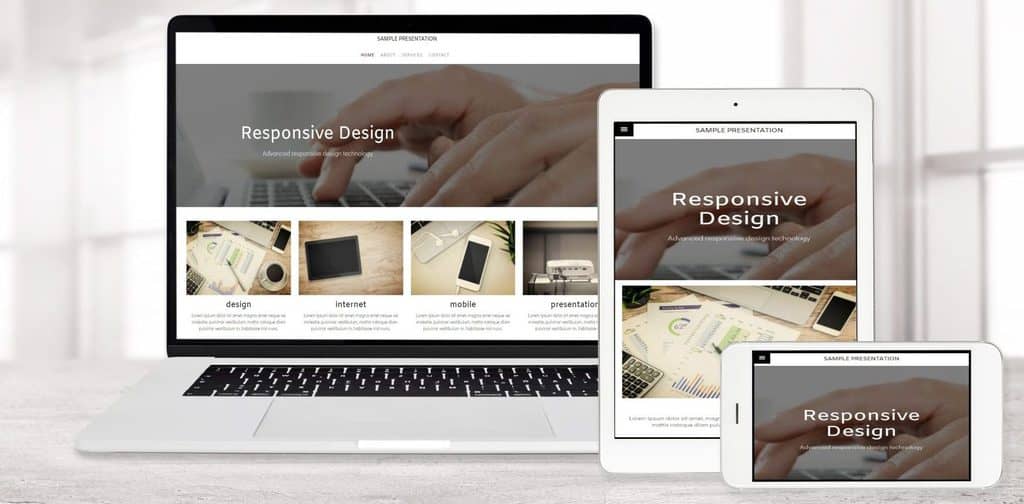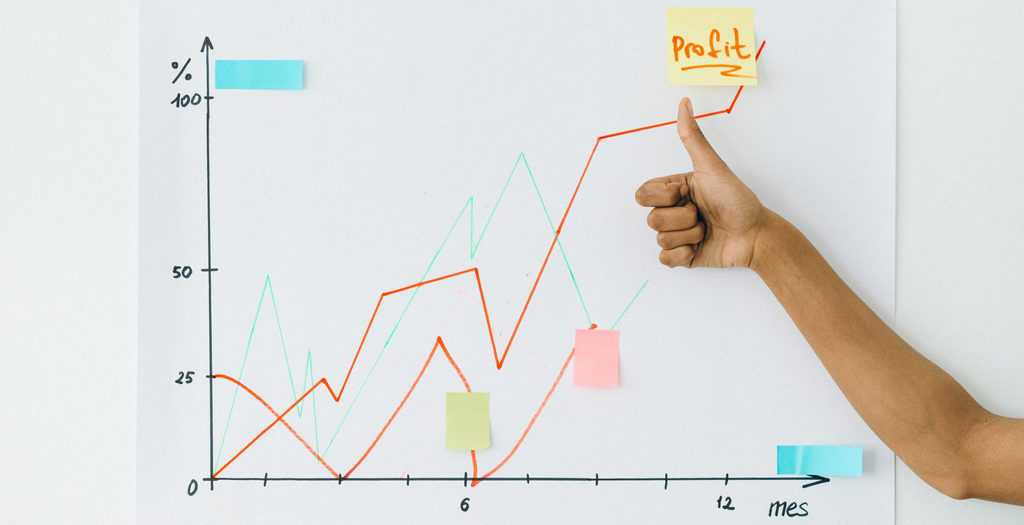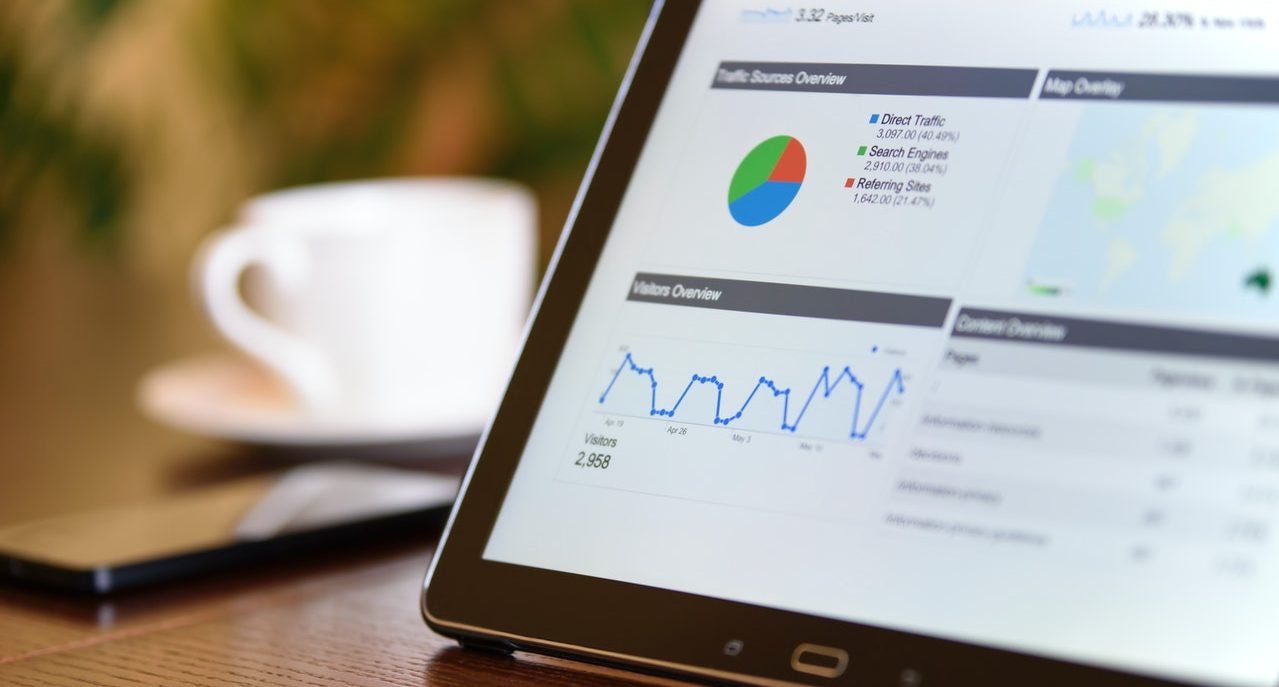People in the digital marketing world always like to debate which channel is the best, SEO or PPC. Although this question is very complex and could be split up into subsections (better for what?), I have come up with a list of 10 reasons why SEO is better than PPC. Now, this is not an official opinion on which is better. Both are good for different things. However, if I had to defend SEO, this would be my reasoning.
10. SEO is not advertising
Two-thirds of Americans object to online tracking. It is safe to assume that the same 2/3 would also object to that information being used to serve online ads better. SEO is not seen as advertising but rather an organic result to a search. Breanna Golub, a leading Sydney SEO consultant, claims that they major difference comes down to perception. While PPC is paying a competing for top of the page placement, organic results are driven by providing value to the users. While this could be a benefit if the user is far enough along in the buying cycle, in general, it is not.
9. SEO has more credibility
This goes along with #10 somewhat. Google prides itself and markets itself as the company that delivers the most useful and relevant results to users. As a by-product of this, sites appearing in Google’s organic listing will receive inherently receive credibility. In PPC, this credibility is only given to those advertisers with strong brands.
8. SEO has viral potential
There are numerous examples of viral campaigns that catch fire and usually deliver awareness and high amounts of traffic, not to mention links. Linkbait is a popular strategy used in SEO. Part of the benefit of creating and distributing link bait is because of its viral potential. PPC, for the most part, does not have the chance to spread virally. Some PPC campaigns may land users on a unique or interesting page, which could be turned into linkbait. However, PPC is not going to have the same promotional effects on that page when compared to SEO.
7. SEO requires good site structure and organization

PPC lands users on one specific page, usually with an offer or lead form of some kind, depending on the goal of the campaign. SEO requires the entire site, not just the page, to be optimized and user-friendly. Large companies such as Home Depot, which run a ton of PPC campaigns, usually have awful sites from a search engine perspective. This is because PPC doesn’t have any requirements in order to rank, i.e., you pay for the placement. Some people might argue that PPC landers need to be user-friendly, have certain elements, be A/B tested, etc..…which is true.
This does not mean, however, that SEO landing pages are not user-friendly. Google is constantly trying to force SEO to make user-friendly pages through various changes to ranking factors within the Google algorithm.
6. SEO makes the user experience better
Ever notice how when you click on a PPC ad, the only thing you can do on the page is filled out a lead form? This is because a lot of PPC campaigns send users to a single page with a single offer. SEO lands users on a page within the site, complete with relevant internal links and information. Maybe the user wants to read more information. With PPC, they have to click back to Google and then do a search for the product or company they saw on the PPC lander.
With SEO, they can easily click to any part of the site, explore the product, the company etc…Sure there are good PPC campaigns that also land users on pages with relevant information and internal links. Unfortunately, those campaigns are currently in the minority.
5. SEO is long-term

SEO delivers lasting, long-term benefits. PPC is sort of like paid link building…Once you stop paying, your results disappear. It cannot be overlooked, however, that PPC has certain long-term benefits: the longer you run your campaign and the more history you have, the lower CPC you’ll be paying. Either way, SEO delivers long-term benefits that PPC does not.
4. SEO is more complex
Some of you may be thinking, isn’t complexity a bad thing? Let me explain. It is harder to track what factors cause one site to rank vs. another because there is a multitude of factors that go into the organic rankings. The key here is that it is harder for competitors to reverse engineer your strategies. With PPC, you’re looking at a limited number of factors such as bid and quality score. There are a million tools to see exactly which words your competitors are buying, what ad copy they are running, where they are landing users, and even what they are bidding!
With SEO, because influential factors are less transparent and harder to track, it is harder for competitors to copy your strategy. It is essential to point out that there are also tools available to see almost anything you want about a competitor’s SEO campaign. The difference is that because it is so much more complex and time-consuming, competitors are less likely to research and implement your strategy. Let’s also not forget that SEO complexities are part of what makes it fun.
3. SEO results are more relevant
72.3% of Google users and 60.8% of Yahoo users find natural search results to be the most relevant to their searches (Source Here). Relevancy is key. If you rank (SEO or PPC) for irrelevant search terms, you will have an extremely low click-through rate and an abysmal conversion rate. Google and Bing are currently in a branding war to be the search engine that provides the most relevant results. Bing’s current slogan is that they are the “cure for search overload syndrome.” The search engines naturally make SEO better than PPC for relevance using various ranking factors.
2. SEO drives more traffic

75% of users click on organic rankings as opposed to paid listings. In theory, on a single keyword search, organic rankings drive 300% more traffic than PPC. That’s just from the search engines alone. In addition, SEO provides traffic from a variety of sources. One link in one article might be picked up by five other sites that will send traffic via the included link. I will point out that PPC delivers much more qualified traffic. This alone is a heavily debated topic- is it better to have a large quantity of unqualified traffic or a lower volume of qualified traffic? It all depends on the goals of the campaign.
1. SEO is free
OK, OK, it’s not technically free. Sure there is the time you put in, paid links you buy, agency fees, etc…It is free in the sense that you do not pay Google one cent for the traffic they send you. In addition, your ROI (ROAS) is significantly higher with SEO when compared to PPC. This is, of course, time-sensitive. ROI for an SEO campaign is going to be very low during the beginning stages and higher in the long term.
Final Thoughts
Remember, I am not in any way saying SEO is better than PPC. They are both good at doing different things. For example, PPC is great for quickly testing multiple offers, landing pages, on-page elements, etc.…It is also great for easily determining the point of entry to your website. Finally, search engines treat you like a valued partner. I can’t begin to illustrate how well the media teams on big-name PPC accounts are treated by the major engines vs. how SEOs are treated.
Have an opinion on this post? Want to defend PPC or bring up additional info? Please post your comments or feel free to email me at webmaster@seolair.com.

